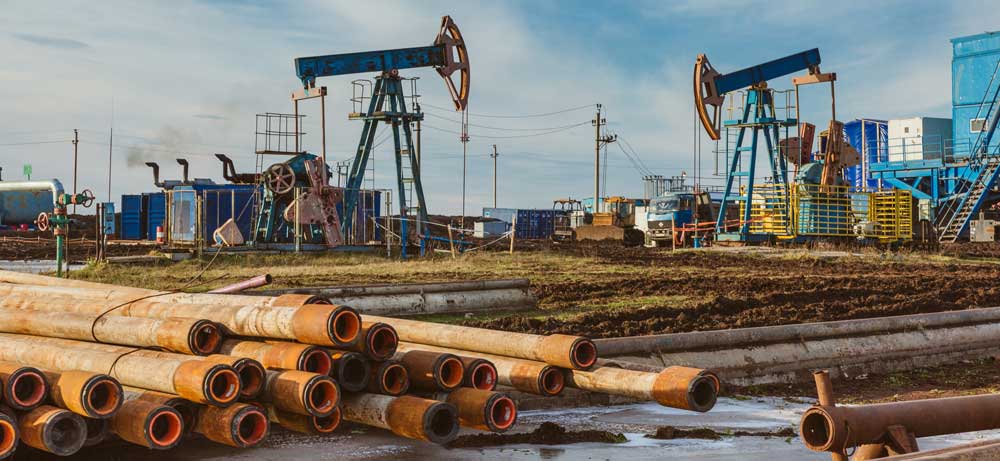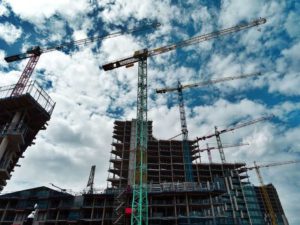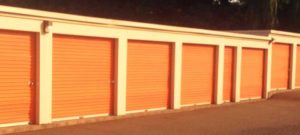Physical security for oil & gas companies is notoriously difficult. This is because of the challenges involved with securing upstream (exploration and extraction), midstream (transportation of the extracted material) and downstream (refining and distribution) sites. All are vulnerable to theft, vandalism and sabotage, and they may be in remote or wide-ranging locations that are difficult to secure.
There are an assorted number of threats: criminals that want to make a quick buck, vandals and activists that oppose fossil fuel use, and even insiders who may have legitimate access to the sites. And many organizations in the oil & gas sectors are reluctant to report a crime, because the resulting increase in insurance rates will cost more than crime remediation.
Cyberattacks on critical infrastructure, like the May 2021 Colonial Pipeline attack, often steal the headlines. In this incident, cyber criminals launched a ransomware attack crippling Colonial Pipeline’s operations and creating panic throughout the country as to the future of fuel supply. Similar attacks have hit water treatment facilities and other utilities and critical infrastructure. While these attacks are often reported on, they are not the only threat that must be protected against.
Remote video monitoring (RVM) services are essential for oil and gas companies, operating 24/7 without the need for on-site personnel. This aligns perfectly with the continuous operations and remote locations typical in the oil and gas industry.
Precious Metals Theft
As we wrote recently in Security Magazine, there is currently a scourge facing all of society involving the theft of precious metals. Organizations in the oil & gas industry are not immune to this trend. They have many components in storage or production made from precious metals. These can range from copper cabling, to the copper flanges that connect pipes, to batteries and the copper/nickel mix that composes piping that needs to resist corrosion and tolerate high temperatures.
Criminals sell these components and more to scrap yards and recyclers, who will pay market price for metals. In the case of copper and other precious metals, prices surged during the pandemic and remain high, which means they offer criminals a lucrative way to monetize their haul.
Crime itself has evolved in the oil & gas industry. What used to be “one offs,” like someone stealing a tool, has become an organized crime effort. Criminal groups will target specific pieces of equipment that they know they can easily monetize. This might include precious metals, as we have already discussed, or pieces of machinery, tools, or the extracted substance itself. Oil & gas has also become a target for vehicle and heavy equipment theft by these groups.
Thefts not only cost oil & gas companies for replacement parts, but they also disrupt operations, which can be quite expensive. It is important for oil & gas organizations to know where their valuable assets reside, and to monitor them 24×7. This, obviously, is not practical to do with human beings, but it is possible with RVM services – where a team in a remote security operations center can make sure that unauthorized people are not near valuable assets. They can also trigger local audio and visual deterrents, to let criminals know they have been spotted and to scare them off.
Vandalism and Sabotage
The oil & gas industry sits in the middle of political crosshairs. Unfortunately, this means oil & gas facilities are open to vandalism and sabotage across upstream, midstream, and downstream infrastructure. Most sabotage is designed to either make a political point or to actually disrupt operations. This activity can range from spray painting fences and other surfaces to damaging pipelines and equipment.
Vandalism can be extremely difficult to stop, due to the highly distributed nature of the oil & gas industry. For example, pipelines can run hundreds or even thousands of miles. It is, obviously, not practical to post personnel to guard every segment, so the first sign organizations have that a pipeline has been damaged is usually through disrupted flows or some other non-security means.
This is another application to which, like theft prevention, RVM services are ideally suited. It is economically feasible to watch everything that might be damaged, and keeping unauthorized people away from areas where they are likely to strike is the key to preventing vandalism.
Insider Threats
It’s a reality: not all threats are external. Disgruntled employees cause a significant amount of damage each year to oil & gas companies. Stopping the internal threat can be a challenge, because offending employees often are authorized to be in the area where they can cause damage. This means access management and other security systems can’t stop them.
It also means that offending people may be where they are supposed to be, but they are engaged in activities they should not do. RVM services are a powerful way to prevent insider threats because people will know their movements are being monitored and this dramatically increases the odds that they will get caught. And if they proceed with malicious activities, there will be video evidence that can be used in disciplinary or criminal action.
It is extremely difficult to secure oil & gas infrastructure and operations, but RVM services can provide a key part of the security strategy by making sure people are where they are supposed to be, doing things they are supposed to be doing. Learn more by contacting Pro-Vigil today.






